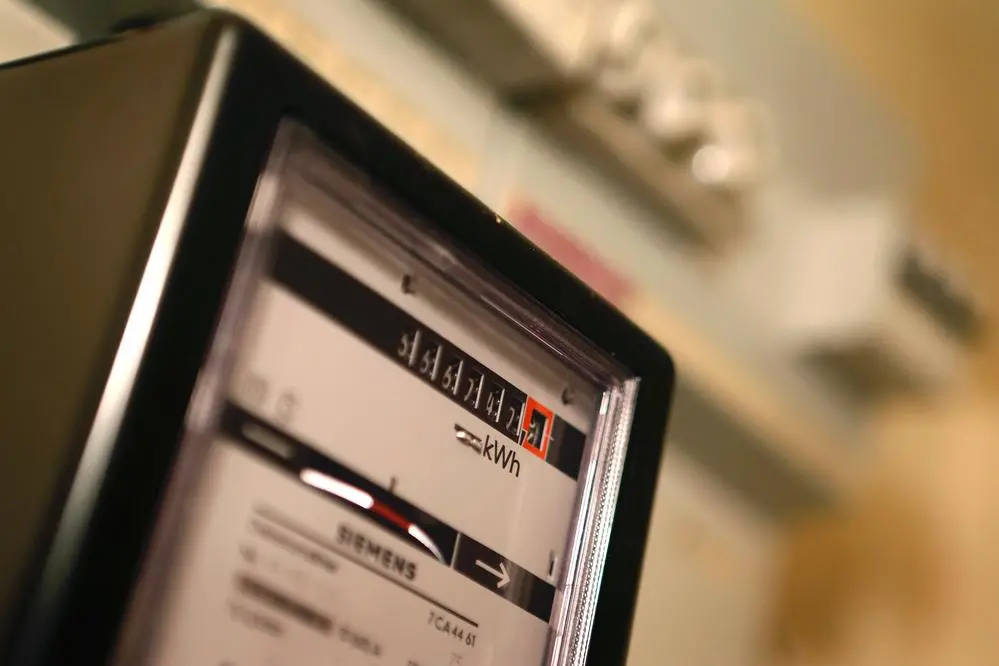PHOTO
Automated Meter Reading (AMR) devices have now been installed at the premises of as many as 25,520 large electricity customers in the capital region of the Sultanate — an ongoing initiative designed to help them monitor their power consumption.
According to Muscat Electricity Distribution Company (MEDC), the state-owned utility responsible for power distribution and supply in Muscat Governorate, AMR installations have grown year-on-year, rising from 16,144 in 2019 to 25,520 at the end of 2020. They are mainly offered to major government, commercial and industrial consumers, among other high-value customers, who are subject to Cost-Reflective Tariffs (CRT) which do not come with any built-in government subsidy.
First piloted in the Sultanate in 2017 at the directives of the Authority for Public Services Regulation (APSR), the AMR system is a central standard smart metering system that enables electricity utilities to obtain accurate, hourly meter readings from high value customers and collect their consumption details in an automated manner. The system also supports a higher level of interconnectivity, engagement and sustainability with the goal of enhancing the quality and speed of processing metering data. Furthermore, AMR devices help customers understand their consumption behaviour, which helps them to optimise and effectively manage consumption levels especially during peak loads.
Following its successful launch, all of the distribution companies of Nama Group — the holding company of state-owned power and water subsidiaries — have begun rolling out AMR meter installations for large customers across their respective jurisdictions. In 2020, large customers accounted for 37.5 per cent of total electricity sales in the licence of MEDC, the utility noted in its 2020 Annual Report.
Meanwhile, MEDC reported a significant increase in the uptake of prepaid metering services in the capital region. As many as 73,800 electricity customers have opted for prepaid metering — also known as ‘Sabiq’ — which enables consumers to have a bill-free service with full monitoring over their consumption. Sabiq customers now represent around 17.7 per cent of MEDC’s total customer base of around 417,079 accounts.
Around 10,805 new accounts were added to the utility’s customer base in 2020, underscoring continued population and organic growth in the capital region. But for the first time since its establishment in 2005, MEDC also reported a dip in electricity demand — a trend witnessed across the power sector and linked to the economic downturn compounded by the pandemic. Total electricity units sold in 2020 declined to 10,911 gigawatt-hours (GWh) compared to 11,507 GWh in 2019.
The company achieved total revenue of RO 347.101 million for the year, with net profit climbing to RO 15.313 million compared to RO 11.959 million in 2019.
2021 © All right reserved for Oman Establishment for Press, Publication and Advertising (OEPPA) Provided by SyndiGate Media Inc. (Syndigate.info).





















